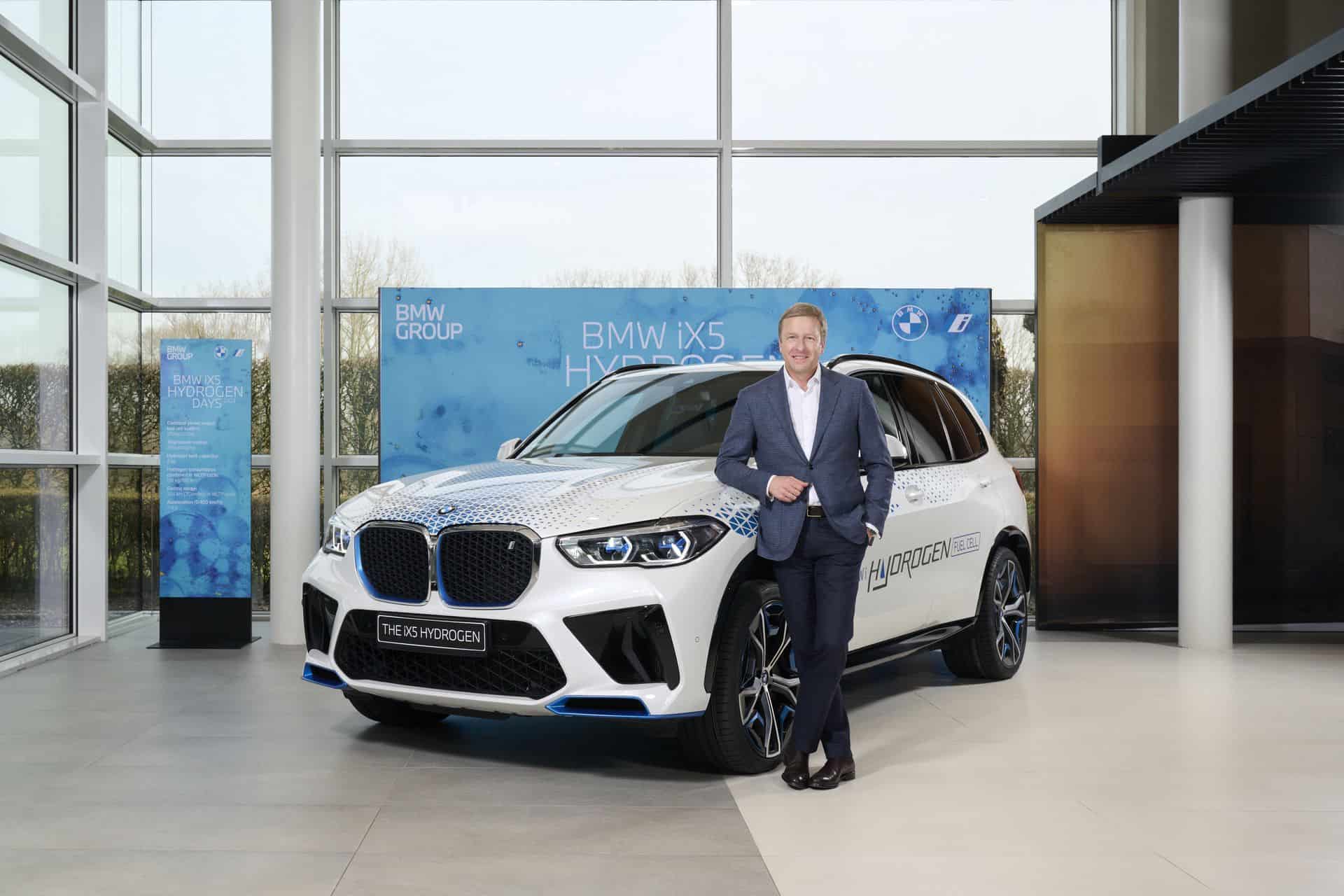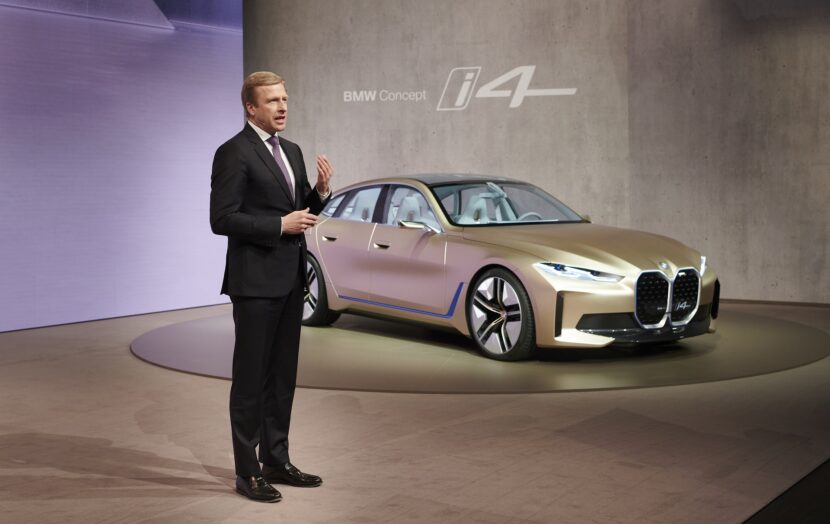According to an unconfirmed report, BMW CEO Oliver Zipse is set to leave his role next year, marking a significant leadership transition for BMW as it navigates a new lineup of products. According to reports from Germany’s Manager Magazin, Zipse will not extend his contract beyond the summer of 2026, stepping down on age grounds. This decision aligns with BMW’s long-standing practice of setting a 60-year age limit for its upper management, although exceptions have been made in the past. BMW has declined to comment on these claims for various outlets.
Oliver Zipse’s Tenure and Achievements
Zipse joined BMW as a trainee in 1991 and rose through the ranks, eventually becoming head of production before assuming the role of CEO in 2019. During his leadership, BMW made significant strides in electrification, digitalization, and sustainability. Zipse, who turns 61 on February 7, 2025, will leave behind a legacy of innovation and resilience during a transformative period for the brand.
- Electrification Push: Zipse spearheaded the development of the Neue Klasse architecture, which will debut with the launch of the BMW iX3 (NA5) in 2025 and the BMW i3 (NA0) in the 3 Series segment by spring 2026. This platform integrates sixth-generation eDrive technology, featuring advanced round-cell batteries that promise increased energy density, longer range, and reduced production costs.
- FCEVs: Zipse championed the fuel cell hydrogen technology with BMW planning to launch its first production-series hydrogen car in 2028.
- Resilience Amid Global Challenges: Zipse’s tenure saw BMW navigate the COVID-19 pandemic, semiconductor shortages, and evolving regulatory pressures with a focus on financial stability and innovation.
- Sustainability Leadership: Under Zipse, BMW bolstered its commitment to sustainability, advancing carbon neutrality goals and rethinking production processes to align with the company’s iFactory initiative.
Regardless of when Zipse steps down, he will leave behind a great legacy. In the early days of his tenure, he faced criticism for not putting all the chips on the electric movement as some competitors did. Instead, BMW adopted a flexible strategy, creating an architecture (CLAR) capable of supporting internal combustion engines (ICE), electric vehicles (EVs), plug-in hybrids, and hydrogen fuel cells.
This approach was initially seen as indecisive, but time has proven Zipse’s strategy proved to be the right one. The world is still not ready to go fully electric, and BMW’s multi-faceted approach is paying off, as evidenced by its strong sales reports for 2024.
Potential Successors
As speculation mounts about who will succeed Zipse, the BMW Supervisory Board faces a critical decision. Historically, the company has promoted from within its ranks, favoring executives with extensive experience in the brand’s culture and operations. However, this is not a binding tradition, leaving room for unexpected candidates.
There is no front runner from what we’re hearing through unofficial channels. Of course, looking at the board there are quite a few choices, starting with Ilka Horstmeier (56), Board Member People and Real Estate, Labour Relations Director, and Dr. Milan Nedeljković (56), Board Member Production.
Frank Weber (R&D Board Member ) and Jochen Goller (Sales and Marketing Board Member), both born in 1966, are close in age to Zipse and would also reach the 60-year threshold by 2026, so the age factor could come into play again. Of course, other executives below the board level, and outside executives could be considered for the job as well.








































































